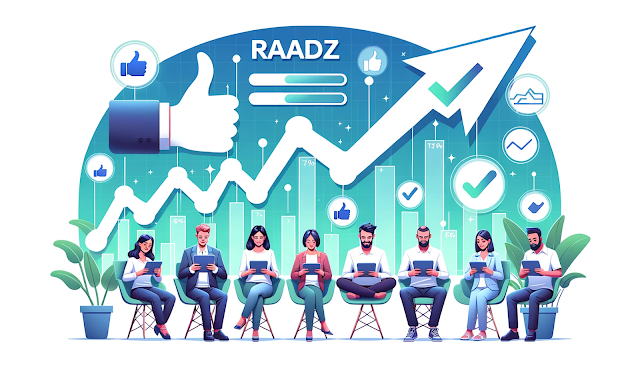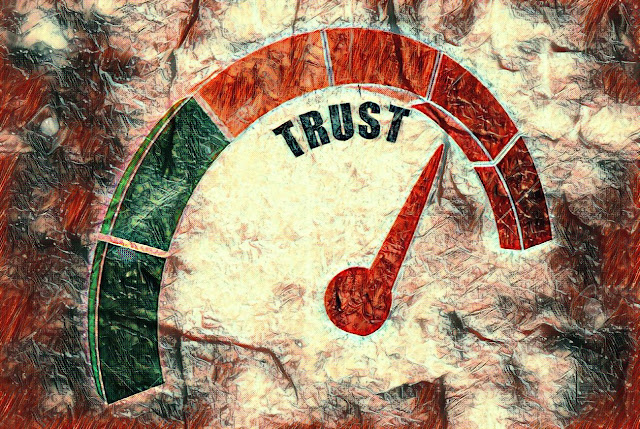Ahead of the Curve: RAADZ’s Trailblazing Methodology Receives Academic Validation

At RAADZ , our pioneering methodology, which pivots from personal opinions to predicting average survey responses, was crafted to transcend the limitations of traditional survey models. The recent peer reviewed research article published in PLOS ONE echoes our forward-thinking approach. The study unfolded a methodology where respondents predict others’ choices, a principle we at RAADZ have championed and refined over time. Validated through meticulous experiments, this method has proven to elicit more accurate responses, aligning with our ethos of fostering honest and insightful data collection. Delving deeper, the research analyzed 4 comparative experiments between own-choice and peer-choice methods, revealing: Higher Accuracy : Peer-choice led in accuracy in all 4 of the experiments compared to own-choice. Reduced Error Margin : Peer-choice showcased a 43% reduction in error, with an average error factor of 12% versus 21% for own-choice. Our gamification strategy further resonates...




